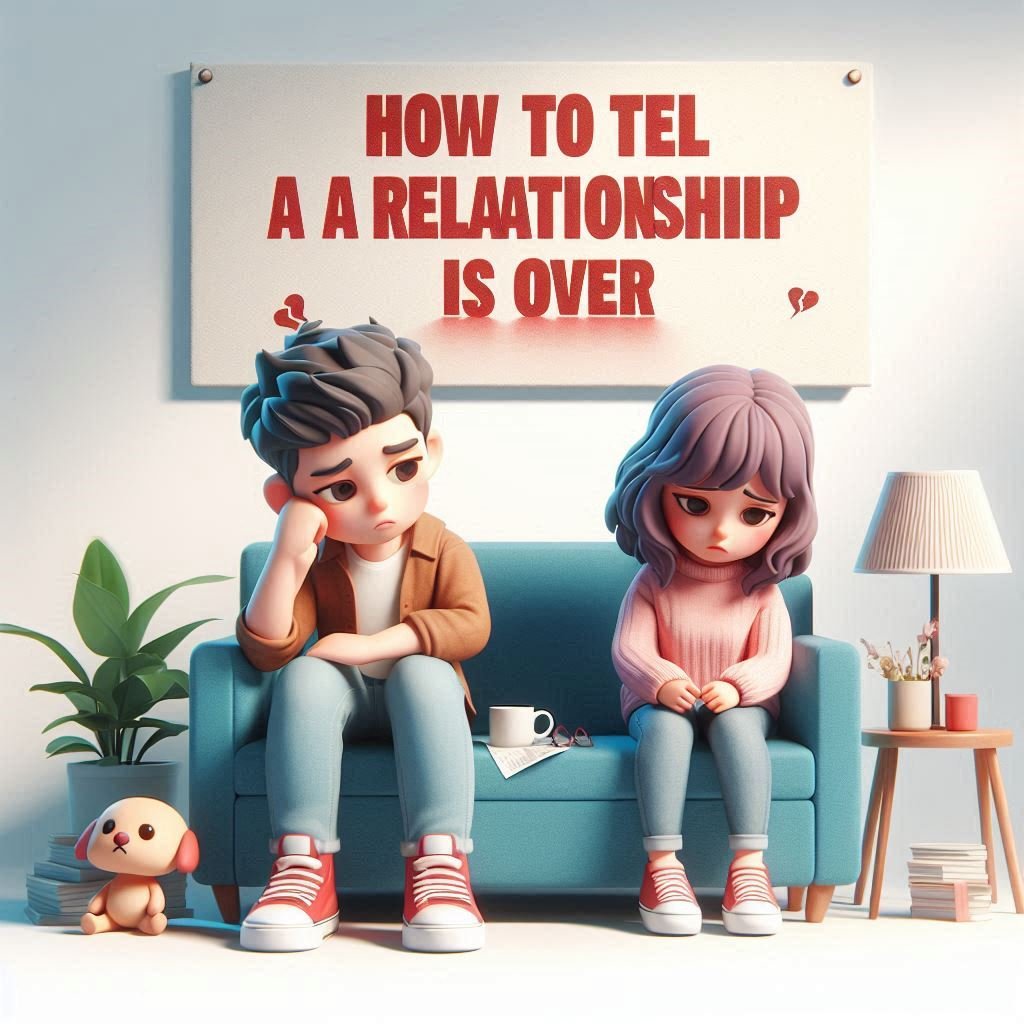Frequently asked questions – Wisher
How to tell if it’s time to let go?
Letting go of a relationship is never easy, but recognizing when it’s time to move on can bring clarity and healing. One major sign is constant fighting. If every interaction turns into a battle without resolution, it can wear down the emotional bond between partners. It’s not just the presence of conflicts but the inability to resolve them that signals trouble.

On the other hand, apathy toward conflict can be equally concerning. If you or your partner no longer care enough to address problems, this indifference often points to emotional detachment. Likewise, a lack of emotional connection—when it becomes hard to share feelings or be vulnerable—can indicate that the foundation of the relationship is crumbling.
When couples begin drifting apart, leading separate lives, and avoiding spending time together, it often means that the love and connection are fading. This emotional distance becomes more problematic when it is accompanied by contempt and disrespect. Criticism, ridicule, or dismissal can erode the respect necessary for a relationship to thrive.
Another critical sign is avoiding conversations or ignoring issues altogether. This kind of avoidance can lead to deeper disconnection, as unresolved problems accumulate. Fantasizing about being with someone else also suggests an emotional departure from your current partner.
Finally, if you find yourself feeling drained or exhausted by the relationship, or if one or both partners are unwilling to seek help, it may be time to consider moving on. These indicators suggest a lack of investment in making the relationship work, making it difficult to rebuild a meaningful connection.
Recognizing these signs can be the first step in making a difficult but necessary decision. Seeking professional help or having an honest conversation can provide clarity and direction.
How do you be sure you want to end a relationship?
how do you be sure you want to end a relationship?
When you notice key signs that a relationship is no longer fulfilling, it can be a tough but necessary step to consider moving on. A lack of emotional connection is often a clear indicator. When you find it difficult to open up or be vulnerable with your partner, or when conversations feel more like a chore than an enjoyable interaction, this emotional distance can signal that the relationship may no longer serve you. Fantasizing about being with someone else can also point to deeper issues of dissatisfaction.
Constant fighting and negativity add to this feeling of disconnect. When conflicts become more frequent and intense, and nothing seems to change, it can be exhausting. Persistent arguments, along with feelings of contempt or dismissal towards your partner, further erode the foundation of respect in the relationship.

Apathy and avoidance are strong indicators that things might be over. If you or your partner feel indifferent about resolving issues or seeking help, it reflects a lack of interest in nurturing the relationship. Regularly needing breaks or time apart can show that emotional investment is waning.
Similarly, drifting apart becomes apparent when you’re living separate lives, losing interest in spending time together, or struggling to envision a future as a couple. Exhaustion and dread can creep in, making interactions with your partner feel draining rather than joyful.
If several of these signs resonate with you, it might be time to reassess your relationship and consider if it’s worth saving. Open communication, or even counseling, can help provide clarity.
How do you know when you are ready to leave a relationship?
Deciding to end a relationship is never easy and involves deep introspection. Here are some key signs that might indicate it’s time to consider moving on:
Constant conflict is a major red flag. If arguments are frequent and escalate without resolution, it suggests that fundamental issues are not being addressed. Effective communication is essential for resolving conflicts, and a persistent lack of it can be a sign that the relationship may be beyond repair.
Feeling unvalued is another critical sign. When you consistently feel taken for granted or disrespected, it can erode the emotional foundation of the relationship. If you sense that your partner no longer values you, it may be time to reassess whether staying is worth the emotional toll.

A significant loss of passion can also indicate a problem. When the excitement and intimacy that once characterized your relationship diminish, it often means the connection has weakened. If reigniting that passion seems impossible and unmotivating, it might be a sign that the relationship is no longer fulfilling.
Trust is foundational in any healthy relationship. If you constantly question your partner’s honesty or feel the need to monitor them, it creates an emotionally draining environment. A history of betrayal can be particularly challenging to overcome, making it difficult to rebuild trust.
Growing apart is another sign. If you and your partner have developed different priorities, interests, or values, it can lead to a sense of disconnection. When shared experiences become scarce and communication difficult, it might indicate that the relationship no longer meets your needs.
Emotional or physical abuse is a serious red flag. Any form of abuse is unacceptable and indicates that the relationship is unhealthy. You deserve to be in a relationship where you feel safe and respected, and abuse should never be tolerated.
Feeling consistently drained rather than uplifted by your partner’s presence can be a sign of a toxic relationship. A supportive partnership should provide emotional comfort, not constant stress and exhaustion.
A lack of desire to fix the relationship is also telling. If you find yourself contemplating life without your partner and have no motivation to work on the relationship, it may be a sign that letting go is the right decision. Effort and willingness to improve are crucial for a relationship’s survival.
Persistent unhappiness, despite efforts to improve things, can indicate that it’s time to consider ending the relationship. If you often feel unfulfilled and these feelings continue, it may be time to move on.
Finally, a recurring cycle of breaking up and reconciling without addressing underlying issues can signal that neither partner is fully acknowledging the reasons for their conflicts. This pattern can prevent real progress and resolution.
If you recognize these signs in your relationship, having an open and honest discussion with your partner might be necessary. Seeking professional guidance, such as couples therapy, can also help in making a well-informed decision.



